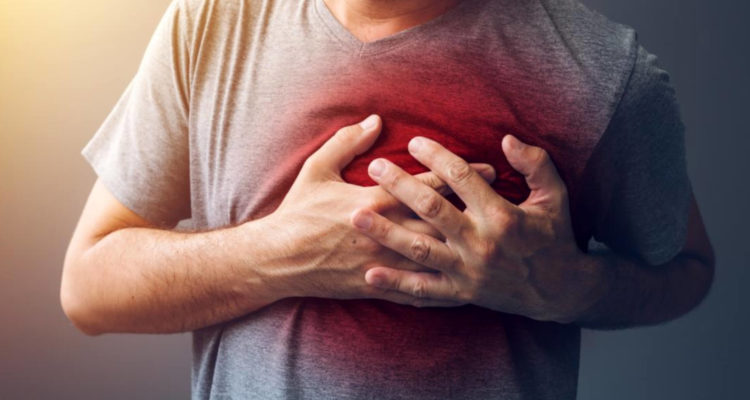
Heart attack: The subtle sign in your mouth that warns you're at risk
0
A heart attack occurs when blood flow through a coronary artery is suddenly interrupted, depriving a vital organ of oxygen-rich nutrients. There are various possible causes of this obstruction, but usually a blood clot causes a sudden blockage. The most immediate indication of heart cell death is severe chest pain.
This chest pain can sometimes be accompanied by sudden weakness, sweating, nausea, vomiting, shortness of breath, or dizziness.
One of the little-known signs of heart failure is attack may be a sudden taste in the mouth.
The British Heart Foundation says that a sour taste is usually a sign of indigestion, a condition that shares some of the symptoms of a heart attack.
“Chronic or severe indigestion stomach without belching, belching, heartburn, nausea, or a sour taste in the mouth.”
Other symptoms include “a feeling of panic with a sense of impending death” and “sweating for no apparent reason.” Although symptoms are generally the same for men and women, according to research, women are more likely to die from either event.
How to Avoid a Heart Attack
Conditions such as high cholesterol and high blood pressure are predictors of heart attack and can be managed through diet.
It is very important to avoid saturated fat as this will reduce the chance of a blockage. arteries with cholesterol. Other lesser-known heart attack risk factors may include stress.









Leave a Reply